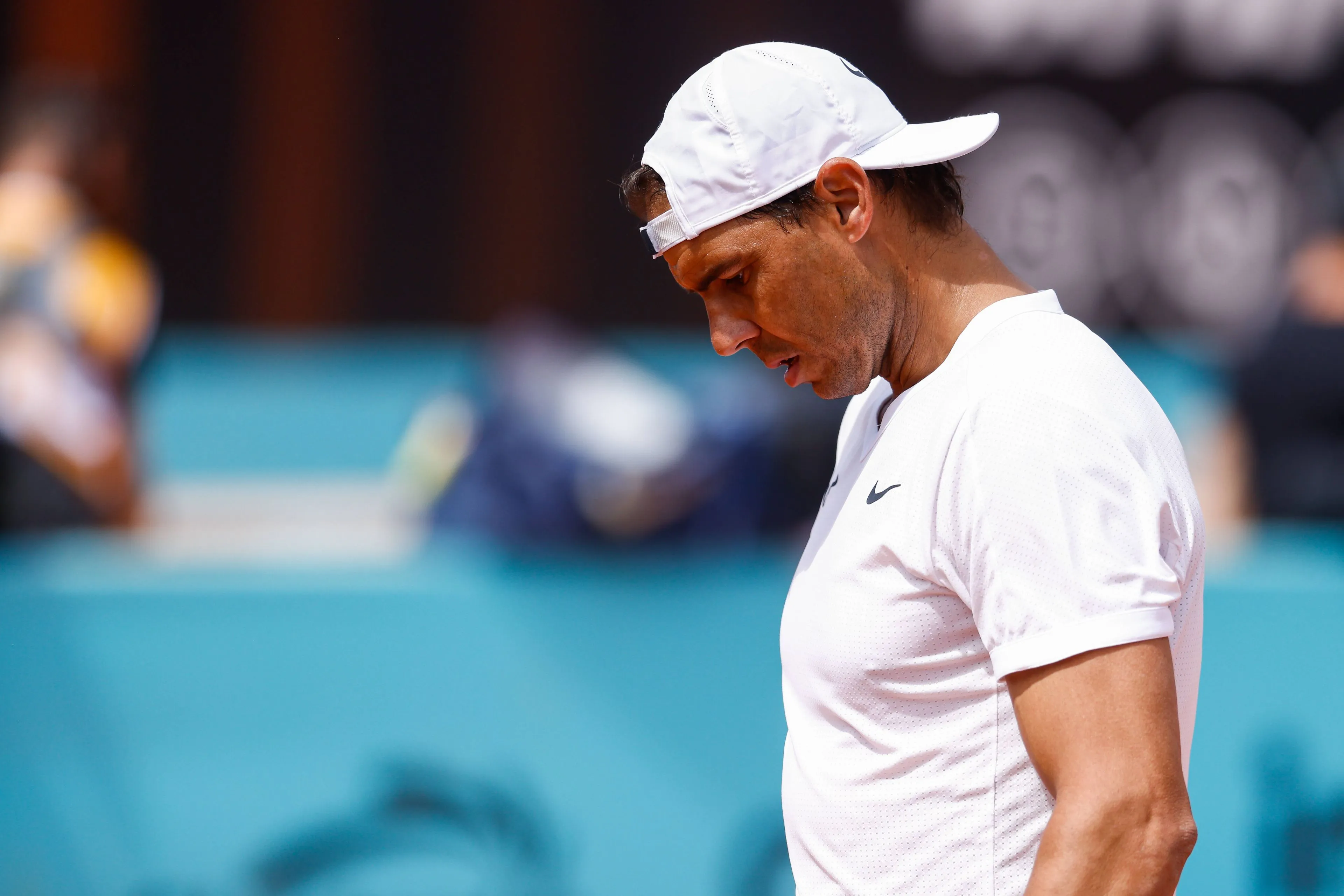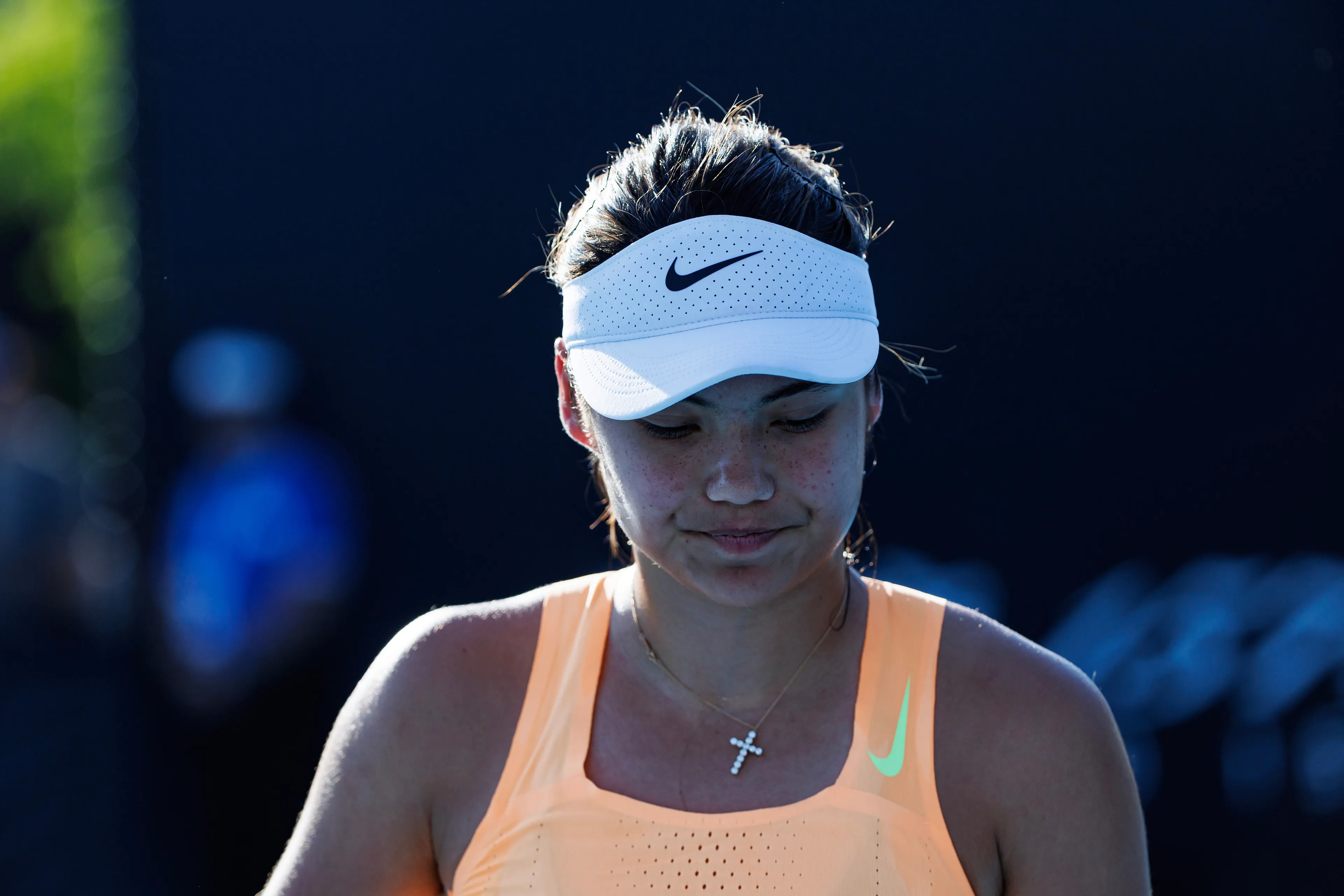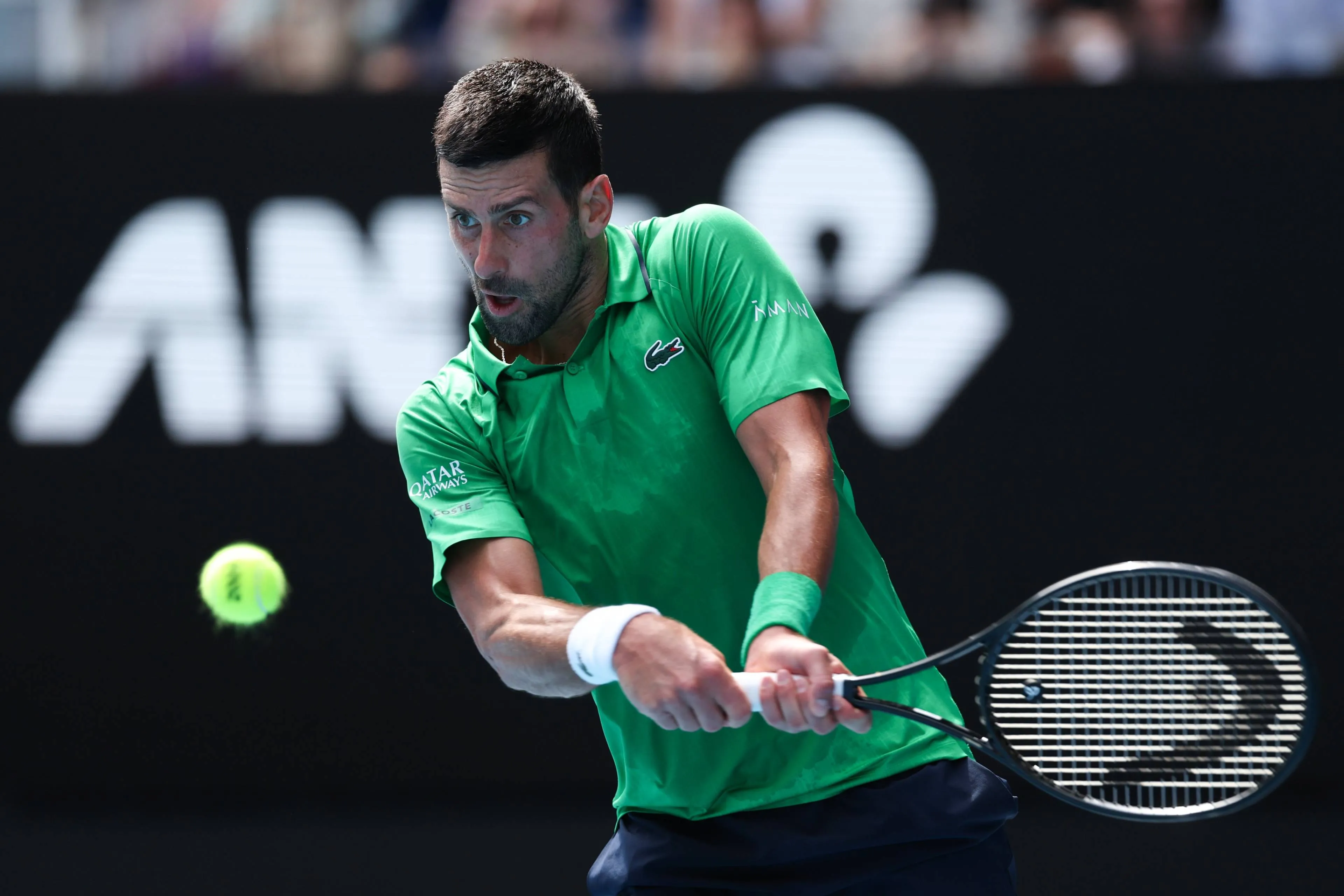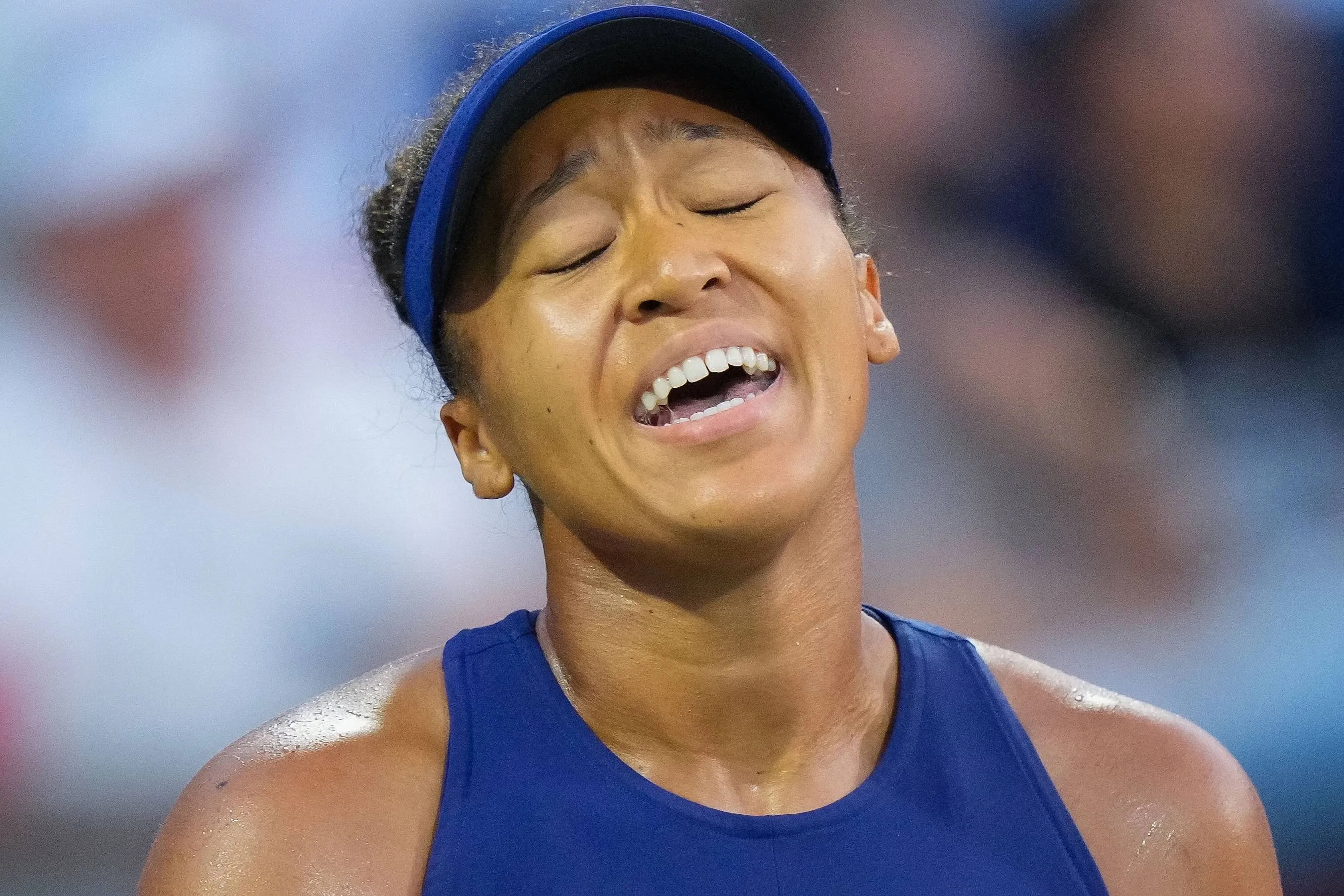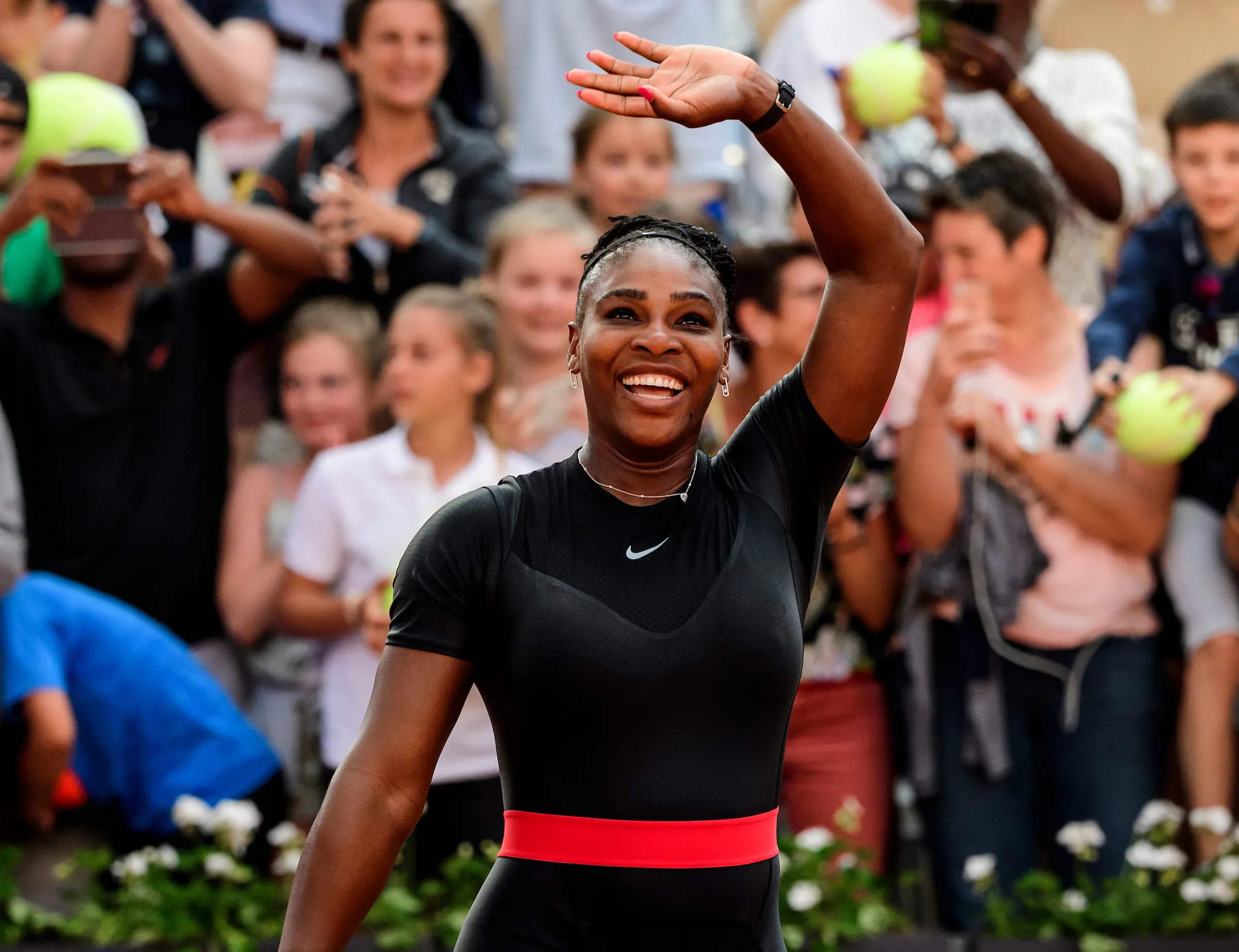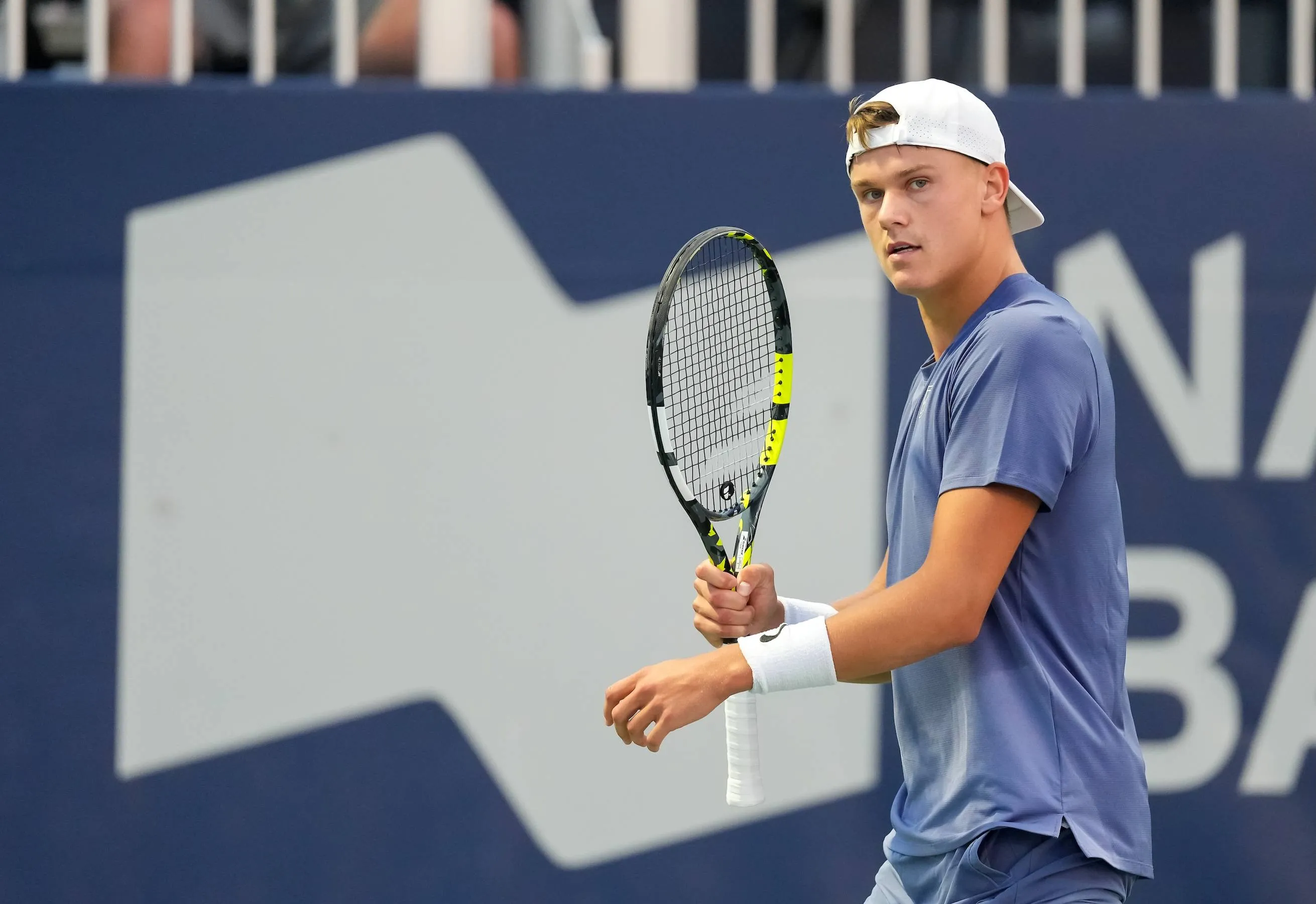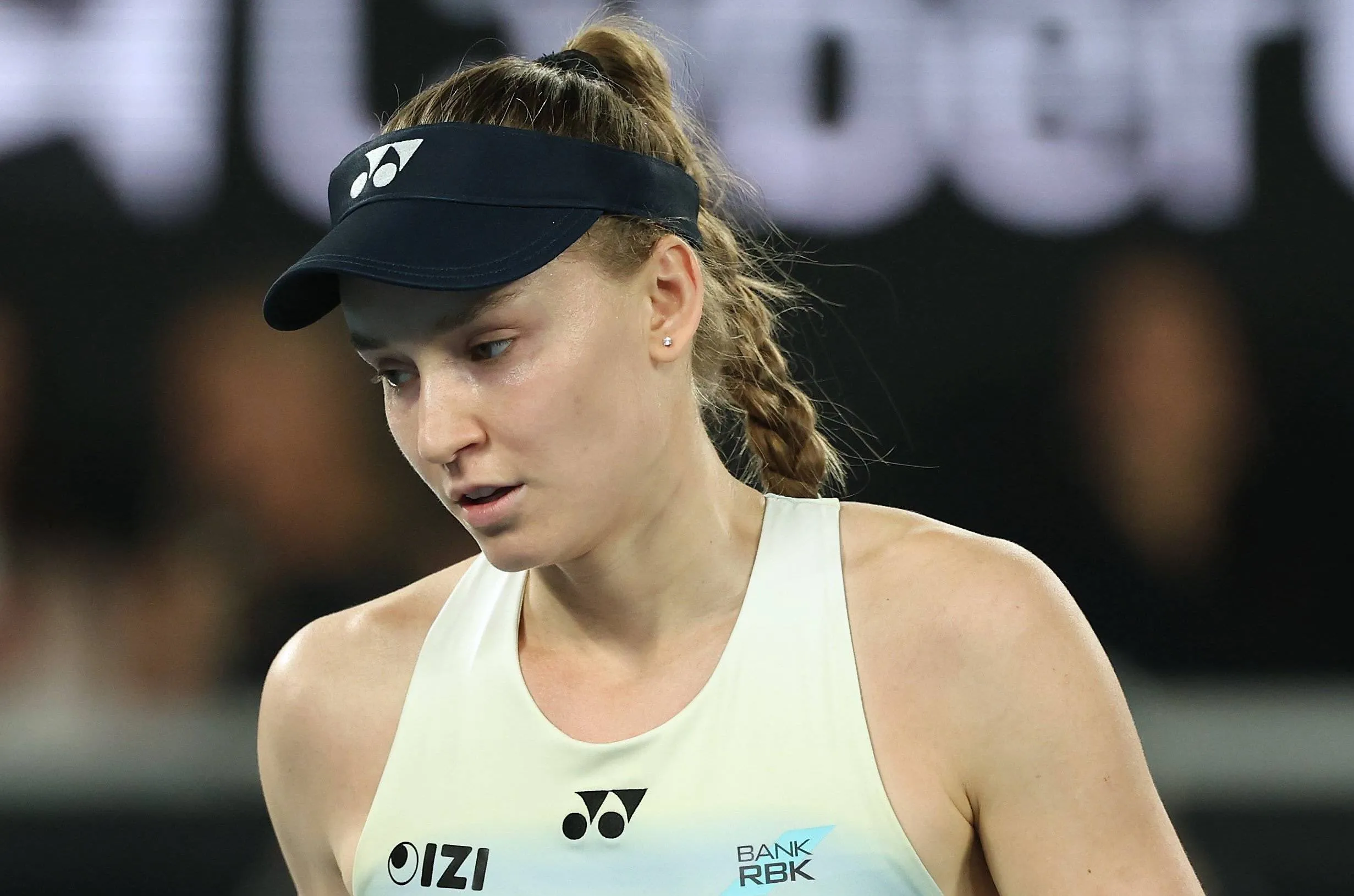Rafael Nadal's Fascinating Journey At Roland Garros Through The Years
ATPSaturday, 08 June 2024 at 05:00
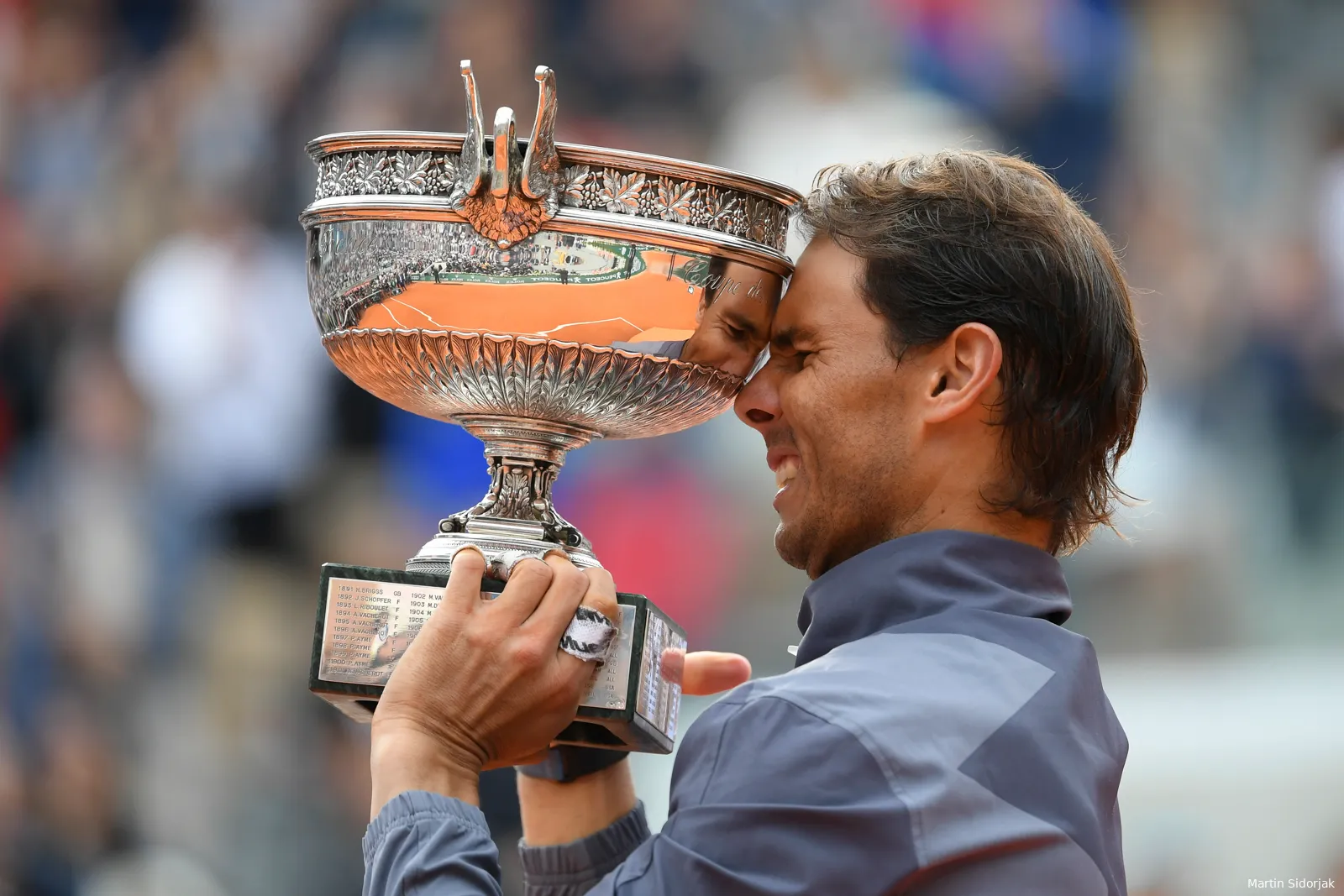
In the history of Grand Slam tennis, no player has dominated a tournament in the same vein as Rafael Nadal has at Roland Garros.
The Spaniard's geometric mastery of Court Philippe-Chatriter and his unrivaled resilience on the surface have fittingly earned him the title of King of Clay. Throughout his distinguished career, Nadal has always been the benchmark in clay-court tennis.
When he was introduced to the French public on his debut in 2005 wearing a sleeveless green top and white capri pants, few would have taken him seriously as a potential elite athlete in the making.
But he became a symbol of the French Open for the next two decades, winning a record 14 titles. In this article, we shall take an in-depth look at Nadal's career at the tournament, which defines his legacy.
The Historic First Title In 2005
His Roland Garros debut remains as memorable as his most recent match, in which he lost to Alexander Zverev. In 2005, a fresh-faced, long-haired 18-year-old Nadal tiptoed his way onto the Parisian clay.
In his opening match, he defeated Lars Burgsmuller, the German whose name is now the answer to the tennis trivia question as the first player that Nadal defeated in his Roland Garros career.
The young Spaniard celebrated his 19th birthday at the 2005 event by beating Roger Federer in the semifinals. Nobody could stop him from winning the tournament on his first attempt as he swept aside Mariano Puerta in the final.
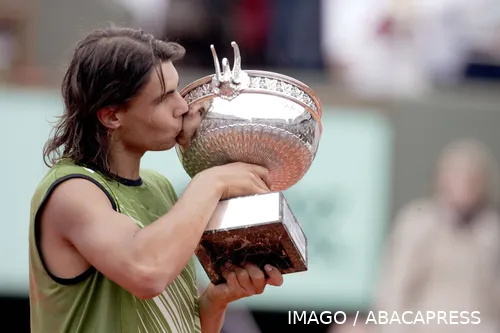
Rafael Nadal at 2005 Roland Garros
A Stunner In 2009 As Nadal Loses For The First Time
Nadal won four straight titles between 2005 and 2008, mostly beating long-time rival Federer in the final. In 2009, the scene was set for another Nadal-Federer rerun on the final Sunday.
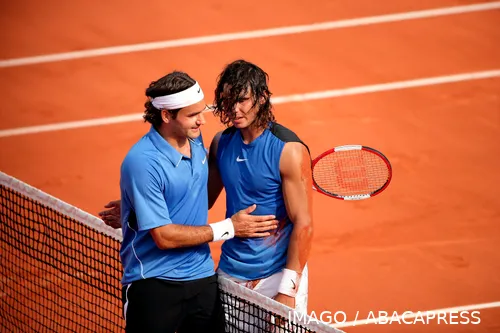
Rafael Nadal & Roger Federer at 2006 Roland Garros
However, Sweden's Robin Soderling did not read into the script and caused the biggest upset in French Open history when he ended Nadal's 31-match win streak in the fourth round.
Nadal's closest challenger, Federer, would have a free pass to win his first and only French Open that year by beating Soderling in the championship match.
A Classic Against Djokovic In 2013
Veteran commentator and former World No. 1 John McEnroe regards the 2013 semifinal between Nadal and Novak Djokovic at the French Open as the greatest clay-court match of all time.
It was the de facto final of the 2013 French Open because the real final did not match its quality, drama, and stakes. Nadal and Djokovic were at the peak of their powers but were paired in the same half of the draw.
The Serbian was hellbent on inflicting Nadal's second-ever defeat at the tournament and had even tasted success against him in Monte Carlo that year.
But Nadal got his measure of revenge as he came back from 2-4 down in the fifth set to beat the tenacious Djokovic 9-7. The match lasted over four hours.
Injury Setback, Then Return To Glory Days
After beating Djokovic in the 2014 final, Nadal entered his first decline phase in 2015 and 2016, but it was only brief because he overcame persistent injuries to reign supreme in his 2017 comeback season.
It was one of three times at the French Open that he won the tournament without relinquishing a set (the others being 2008, 2010, and 2020).
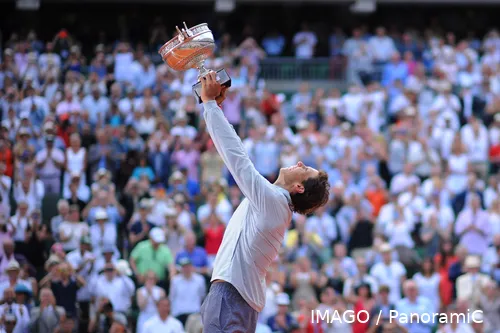
Rafael Nadal at 2014 Roland Garros
The Triumph Of The Unexpected In 2022
Rafael Nadal was not meant to win the 2022 French Open, but he's lived off a career of defying the odds. For the umpteenth time, he beat Novak Djokovic in the quarterfinal, and at that moment, the script wrote itself.
Nadal added a record-extending 14th title and possibly his last with a straight-sets win over Casper Ruud in the final.
What Next for Nadal After Historic Defeat In 2024?
He may be a fallen giant as he copes with father time and two hip injuries in the last 15 months, but Nadal's place among tennis immortals is secured. The French Open organizers have honored him with a statue that towers over the Parisian Slam during the 2021 edition.
His 112-4 record and 14 titles at the event is unlikely to be beaten.
Read also
Loading

